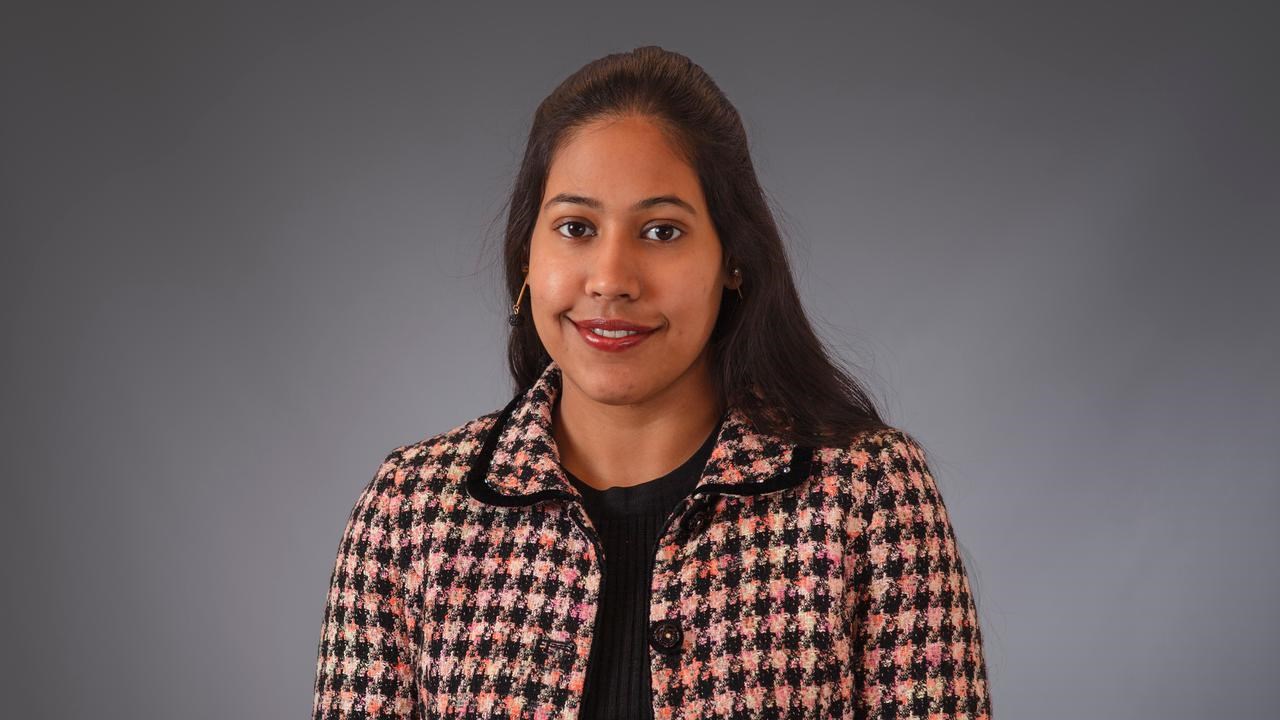Breaking the Privacy Paradox: Breakthrough in AI and Data Protection
This thesis addresses the growing tension between the power of AI and the need to protect personal privacy in an age of high-dimensional data. It identifies the weaknesses of existing privacy methods like k-anonymity and differential privacy when used on high-dimensional datasets and proposes improved solutions using manifold learning, synthetic data generation, and privacy-preserving model compression. The research introduces advanced, scalable frameworks that enhance both data utility and privacy. Overall, the thesis offers a well-rounded approach to building ethical, privacy-aware AI systems that are practical for real-world applications.



